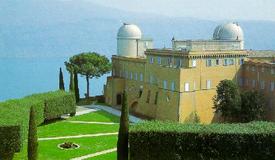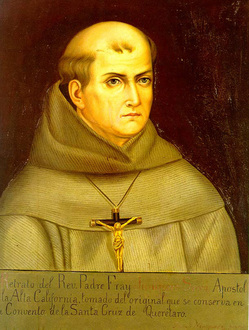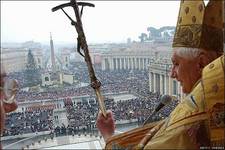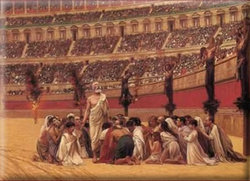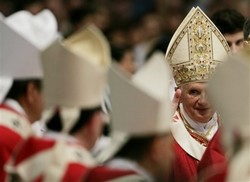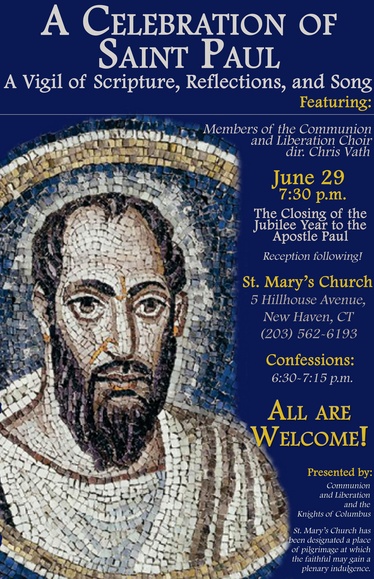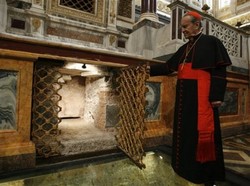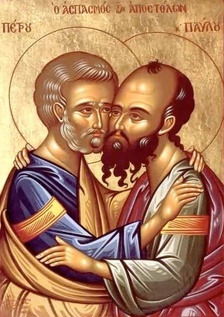The Jesuit report that after residing
more than seventy years within the papal summer Palace itself, the headquarters of the Vatican Observatory recently moved to a new
location in the Papal Gardens at Castelgandolfo. The move was occasioned by
increased demands for space within the Palace, and the growing needs of the
Observatory. Until few weeks ago, the observatory offices were located on the
top floor of Papal Palace, the Pope’s summer home located in the Alban Hills,
25 kilometers southeast of Rome. Its extensive astronomical library is
scattered over four rooms on the top two floors of the Palace, while the
valuable meteorite collection and laboratory, the historic vault of
photographic observations made at the Observatory from 1895 to 1979, and the
classroom where the biennial Vatican Observatory Summer Schools are conducted,
are located on the ground floor of the Palace. Meanwhile, the living
quarters of the Jesuits is divided between rooms on the second and top floors.
With the prospect of half a dozen younger Jesuits joining the staff over the
next five years, the issue of both residence and office space was becoming
acute.
“Moving the Observatory collections and libraries has been
a logistical challenge,” noted Father José Funes, the Argentinean
Jesuit and director of the observatory. “But the new site will allow us to
address a growing need for space and order.” The new quarters,
located in the remodelled monastery built by the Basilian monks within one of
the most beautiful gardens in the Italian peninsula, should provide a far more
peaceful and comfortable setting. The Vatican Observatory traces its
history to the reform of the calendar by Pope Gregory XIII in 1583. It was
re-organized by Pope Leo XIII in 1891, “so that everyone might see clearly
that the Church and her Pastors are not opposed to true and solid science,
whether human or divine, but that they embrace it, encourage it, and promote it
with the fullest possible devotion.”
